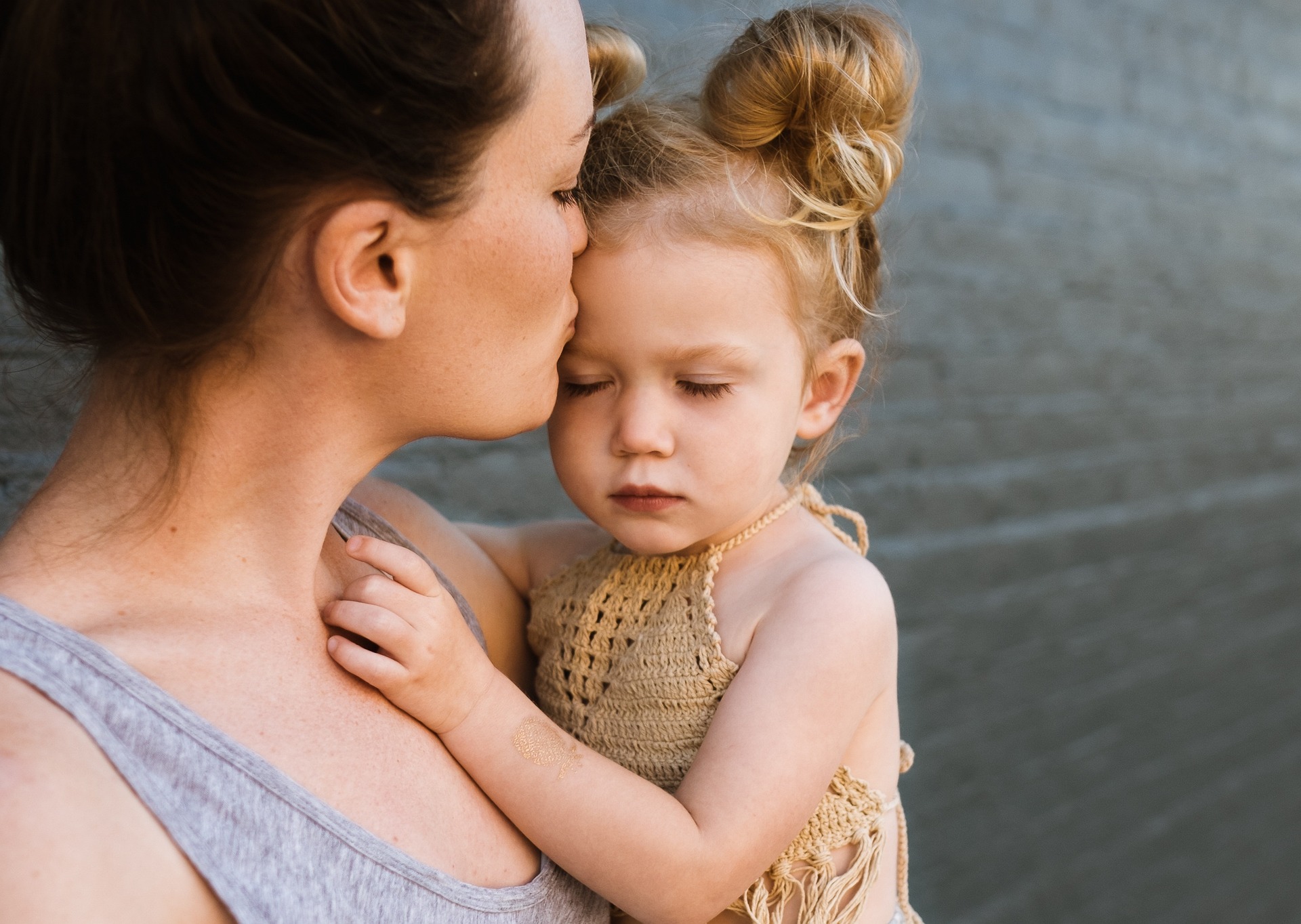Building a strong parent-child relationship is essential for the healthy emotional and social development of children. A strong parent-child bond not only creates a sense of security and trust but also sets the foundation for positive communication and healthy relationships throughout a child’s life.
As a single parent, building a strong bond with your child can be challenging. You may have to juggle work, household chores, and other responsibilities while also trying to be present for your child. However, there are several things you can do to strengthen your relationship with your child, that you can easily weave into your daily life.
Here are ten tips and strategies for building a strong parent-child relationship as a single parent.
1. Communicate openly and honestly.
Communication is the foundation of any strong relationship, and it’s no different for parent-child relationships. Encourage your child to share their thoughts and feelings with you, and be open and honest in your own communication with them. I have found that my daughter has not been distressed when I have exhibited strong emotions, such as sadness. I believe this is because we have always had an open and communicative relationship. I have told her that it is okay to be sad, it’s okay to cry, and that we don’t all feel happy 100% of the time. I have also told her why I’ve been upset too. As a result, she is also more open with me when she is upset.
2. Spend quality time together.
There is a misconception that single parents get to have loads of quality time with their children. The reality is that there is always so much to do as a single parent! It’s hard to be present and to not think about the future, and what needs to be done. Spending time together is a great way to build a strong parent-child bond. Aim for twenty minutes of quality time a day, or even a special weekly outing or a special activity that you both enjoy. Use this time to connect and engage with your child, and focus on building positive memories together. And if you have numerous kids, set aside some special time with each child too.

3. Be present and attentive.
In today’s fast-paced world, it’s easy to get distracted and overwhelmed. However, being present and attentive is crucial for building a strong parent-child relationship. Make an effort to be fully present when you’re with your child. Maybe it’s playing a game, having a conversation, eating a meal together, or simply spending time together. Show your child that they are your top priority at that moment.
4. Show affection and support.
Physical affection, such as hugs and kisses, is important for children’s emotional development. However, showing affection also includes verbal expressions of love and support. Make sure to tell your child that you love them and are proud of them, and offer encouragement and support when they need it.
5. Set clear boundaries and expectations.
Children thrive on structure and consistency, so it’s important to set clear boundaries and expectations for their behavior. However, make sure that your expectations are age-appropriate and reasonable. Provide positive reinforcement when your child meets your expectations. And use gentle correction and redirection when they don’t. This is also important to take into consideration when co-parenting. Single parents will often hear something along the lines of “at dad’s/mum’s house we don’t do that, and I’m allowed to do to XYZ”. It’s okay to respond with “That’s okay. Dad/mum has their rules at their house, and at our house, we have my rules”. Two different sets of structure and routine are perfectly okay.
6. Practice active listening and validate their feelings.
Active listening is a skill that involves fully focusing on what the other person is saying, without interrupting or judging. It also means listening to understand. Practice active listening with your child by giving them your full attention when they are speaking, and reflecting back on what you’ve heard to make sure you understand their perspective. This also helps validate their feelings. Even though it might not make sense to us, it makes sense to them. As a parent, it may be tempting to want to help solve their problems, however, sometimes they just want to be heard, along with some empathetic words such as “That must have been really hard for you”. Listen actively and respond with empathy and understanding.

7. Model positive behavior.
Children learn by example, so it’s important to model positive behavior and values in your own life. Show your child how to be kind, respectful, and responsible by living these values in your own actions and interactions with others. This also means doing things for you! Whether it’s daily self-care, an uninterrupted bath, a phone call with a friend, getting a babysitter to go on a date, or catching up with friends, it’s good for your kids to see that you are their mum or dad, but you are also an individual adult with your own life.
8. Encourage independence.
Give your child opportunities to make decisions and take on age-appropriate responsibilities. This can help them feel more confident and develop their sense of self.
9. Don’t put down their other parent.
It is crucial for single parents not to put down the other parent to their kids for several reasons. Firstly, children love both their parents, regardless of the circumstances that led to the separation. When one parent puts down the other parent, it can cause confusion and stress for the child. Secondly, it can damage the child’s self-esteem or lead to feelings of guilt or shame. When one parent speaks negatively about the other, it can cause the child to feel as though they must take sides or choose one parent over the other. In addition, it can lead a child to develop negative beliefs about themselves. This is because they may feel like it’s a direct criticism of them as they are half their other parent.
Negative comments and attitudes towards the other parent can also cause the child to develop negative beliefs about relationships in general. This can impact their ability to form healthy relationships in the future. Finally, speaking negatively about the other parent can harm the co-parenting relationship. This might make it more challenging to communicate and make decisions regarding the child’s well-being.
10. Be more of a parent than a friend.
As a parent, you have a responsibility to guide your child and provide them with the support and protection they need to thrive. This involves setting boundaries, enforcing rules, and making decisions that may not always be popular with your child. Children also need a stable and consistent authority figure in their lives to help them develop a sense of security and stability. By being a parent first, you can provide your child with the structure and guidance they need to develop into well-adjusted adults.
In addition, as a parent, you must be willing to make difficult decisions, even if it means temporarily upsetting your child. You must be willing to say no when necessary and provide guidance, even if it is not what your child wants to hear. By being more of a parent than a friend, you can teach your child the importance of respect, boundaries, and responsibility. These are critical life skills that will serve them well as they grow and develop into adults.
Remember, building a strong parent-child relationship is an ongoing process that takes time, effort, and patience. By following these tips and strategies, you can create a strong foundation for a positive and healthy relationship with your child that will last a lifetime.
P.S. DID YOU KNOW?
Thrive Tribe – the global membership experience for single mothers – will be opening again very soon! Join the waitlist here.
PLUS You can book one-on-one coaching with Julia Hasche from wherever you are in the world!
- Do you need clarity on whether you should leave your partner or not?
- Have you just parted ways with your partner, and feeling lost?
- Have you been single for a little while now and need assistance with getting your life back on track and feeling empowered?
Click HERE to read about coaching and to hear from some others who have gone through coaching programs with Julia, and book in here for your 30-minute complimentary Clarity Call.
The purpose of the Clarity Call is:
- For me to get to know you and understand an overview of your current situation and where you are at.
- For us to establish what you need assistance with to move forward.
- To see if we are both comfortable working together.

Know someone who needs to read this? Share it with them via the links below.
